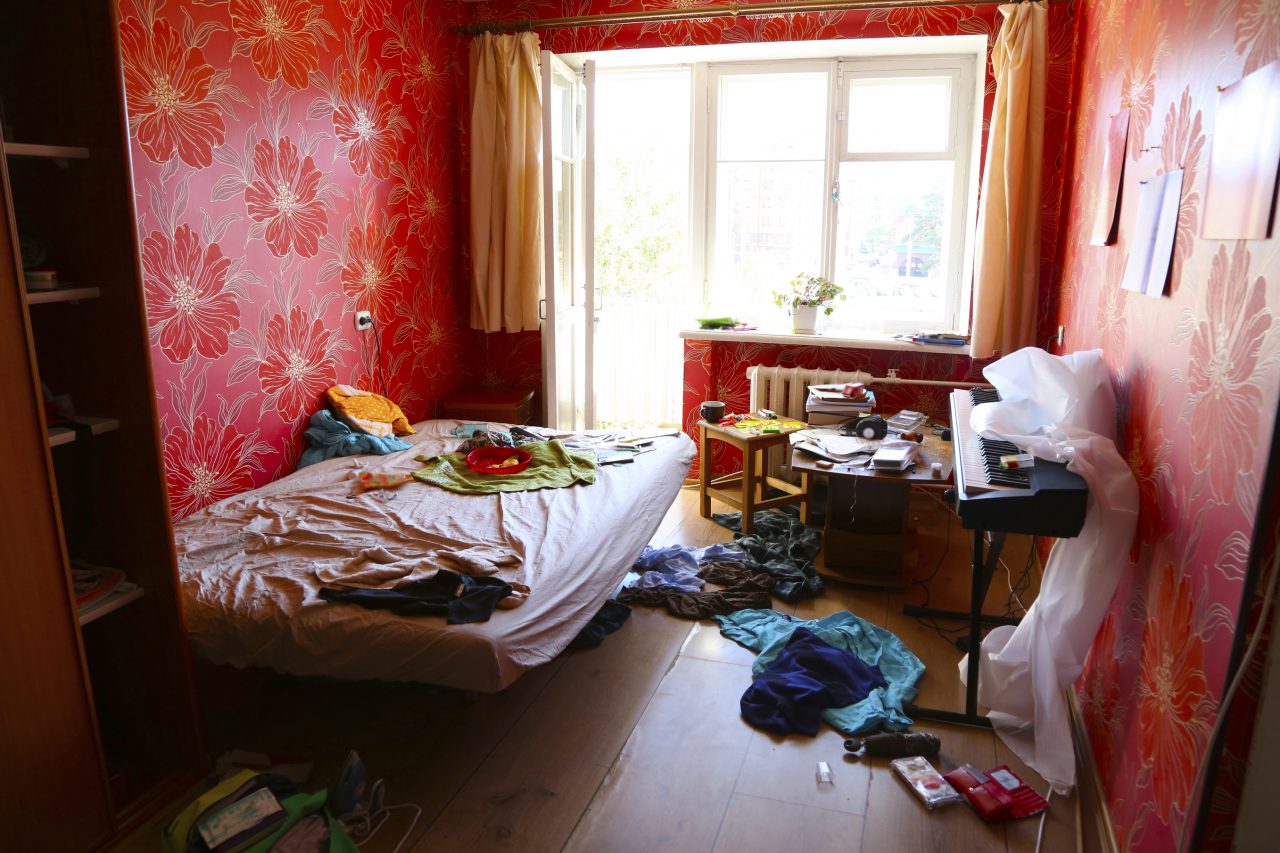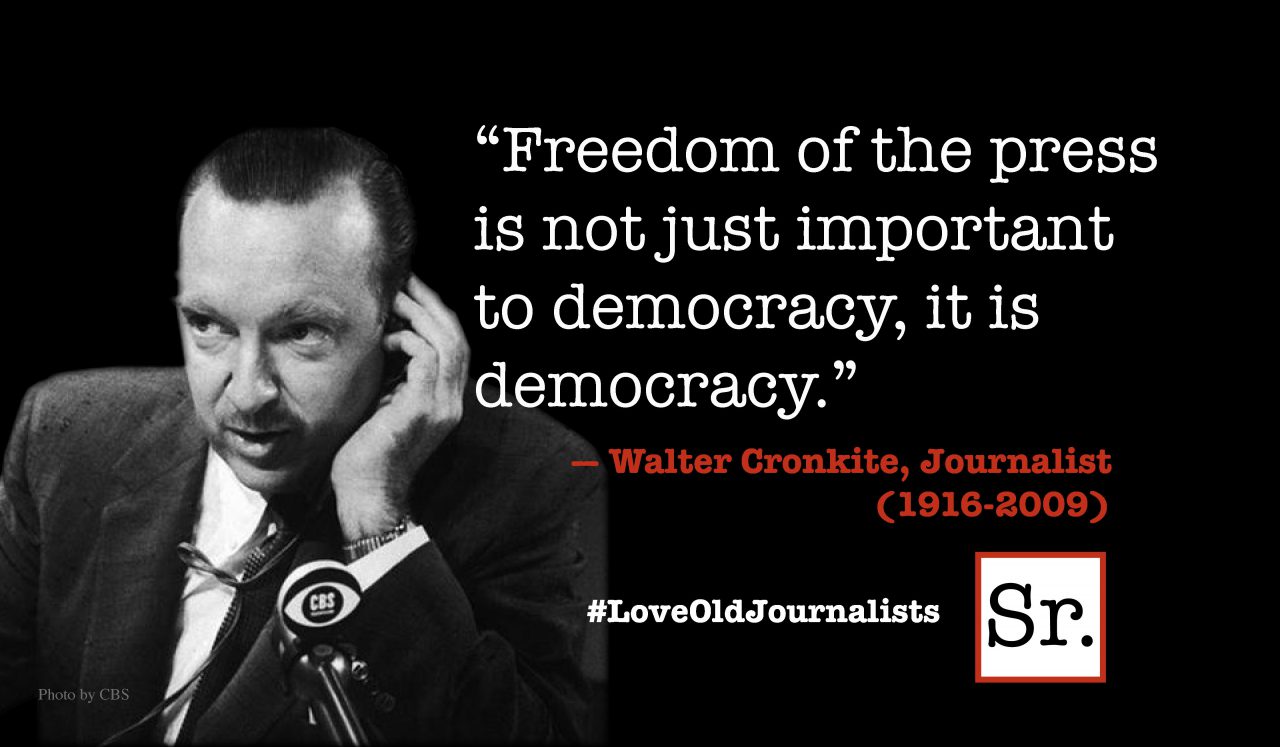My advice to The Wall Street Journal, the only news source to which I subscribe: Stop trying to be all things to all people. Specifically, stop giving parenting advice.
The latest attempt by WSJ to complicate parent-child matters is a November 7 article oxymoronically titled “The Smart Way to Argue with Your Young Teen” in which the author, one Andrea Petersen, begins with the usual brain-babble to the effect that neuro-biology is the actual culprit when it comes to irresponsible teen behavior. Funny, then, that teens in the third world are not normatively stupid and irresponsible, nor were a significant number of American teens until relatively recently. Such specious babble profits the mental health and drug industries, not parents or kids.
“Therapists say argumentative young teens are healthy ones,” Ms. Petersen goes on to say. Supposedly, parent-teen arguments are essential to forming a healthy identity, developing adult communication skills and learning to separate. Two of the therapists quoted in the article worry when teens are not argumentative. Supposedly, the non-argumentative teen is holding vital stuff inside and not developing a healthy self-image. One babbler says that if parents don’t allow arguments, teens will be susceptible to peer pressure to consume alcohol. In other words, rebellious arguments prevent rebellious behavior. To borrow from Rene’ Descartes (1596 – 1650) there is nothing preposterous that psychologists have not already thought of.
I know teens who are argumentative and teens who are not. The latter are clearly the happier, more mature, goal-centered, responsible teens. Furthermore, they do not seem to be in any existential angst concerning who they are.
The article goes on to recommend that parents handle parent-teen arguments by compromising on small stuff like goth makeup and clothes strewn everywhere. Concerning the former, letting a child dress like a sullen malcontent is the first step toward living with a child who is a self-destructive sullen malcontent. The operative principle: All Big Stuff starts as small stuff. Concerning clothes strewn everywhere, a child should be expected to maintain “his” or “her” environment in concert with parental standards. The difference is between being a responsible family member as opposed to a boarder.
My wife and I told our two kids, “To make things perfectly clear, what you call your rooms are rooms in our home that we are loaning you. You will keep said spaces neat and clean. How neat and clean? Just look around you. If your room is not neat and clean, one of us will clean and straighten when you aren’t home. In the process, we will open every drawer and throw out anything we think is unnecessary.” It took one such cleaning per child to get them on board with the plan.
Concerning arguments, or the potential thereof, we told the kids that they were free to disagree with us, but they were not free to disobey. Respectful disagreement would result in negotiation (but not always); an argumentative (disrespectful) attitude would not, ever.
In conclusion, I will point out that arguments between parents and children often lead to arguments between husbands and wives. You want a happy marriage? Don’t argue with your kids.









